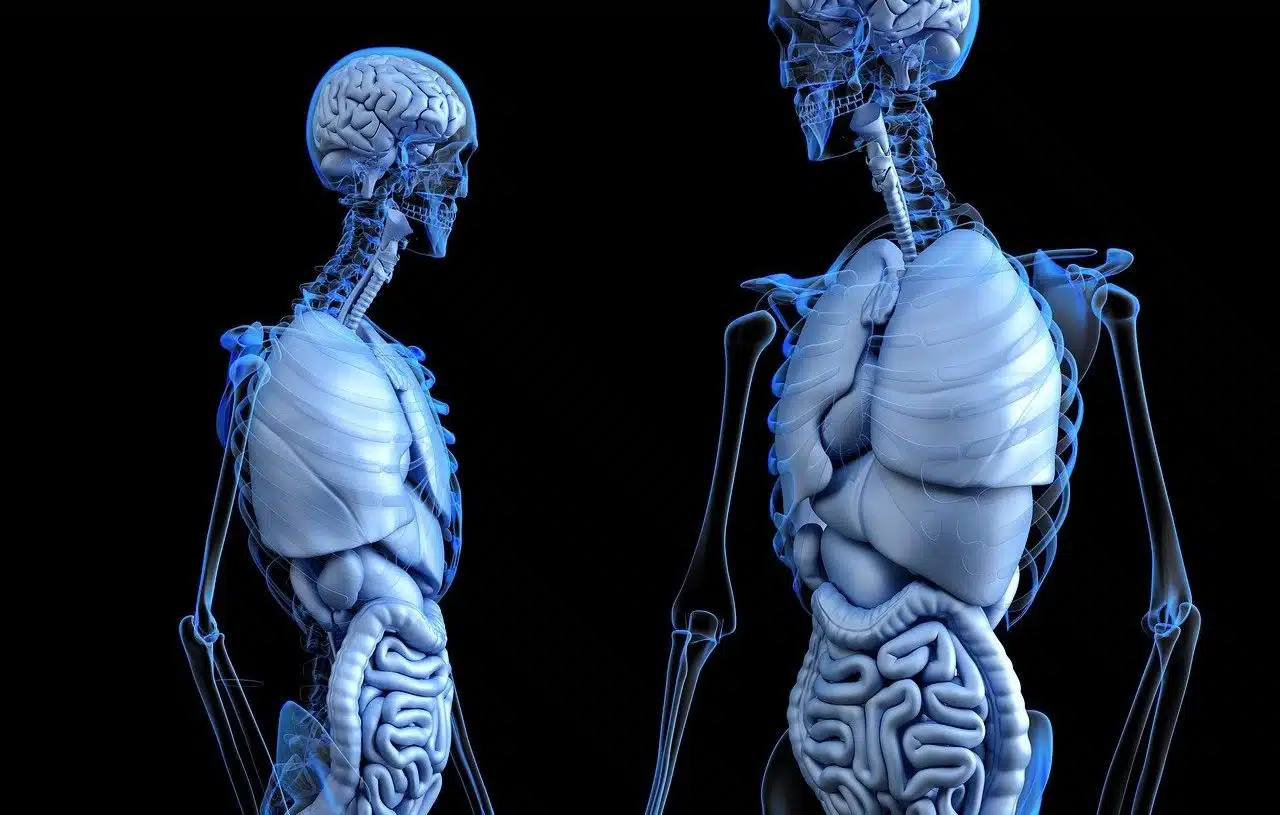
The natural sciences study processes such as digestion and reproduction.
The natural sciences are all scientific disciplines dedicated to the study of nature . They are in charge of the physical aspects of reality, unlike the social sciences that study human factors.
Another fundamental difference between these two types of science is that while the social sciences focus on knowledge, the natural sciences carry out their studies and development through logic and mathematics .
Examples from natural sciences
Five great natural sciences can be mentioned: biology , physics , chemistry , geology and astronomy . Biology studies the origin, evolution and properties of living beings. Therefore, it is responsible for phenomena linked to living organisms. Medicine , zoology and botany are part of biology.
Physics is the natural science that focuses on the properties and interactions of matter, energy , space and time . The fundamental components of the universe are part of its field of action. Chemistry , on the other hand, focuses on matter : its composition, structure, properties and changes that it experiences during different types of reactions.
Geology analyzes the interior of the terrestrial globe (matter, changes , structures, etc.). Hydrology , meteorology and oceanography are sciences that can be included within geology.
Astronomy , finally, is the science of celestial bodies. Astronomers study planets , stars , satellites and all those bodies and phenomena that are beyond the Earth's border.

As subdisciplines of biology, physiology and genetics are part of the natural sciences.
Relationships between disciplines
It is important to highlight that these five natural sciences are related, communicate, intersect and need each other. In such a way that they produce the creation of another series of disciplines such as geochemistry , biophysics , astrobiology , physical geography or oceanography , among many others.
In short, it can be said that the natural sciences are responsible for everything given by nature. The human being, as a physical body, is studied by biology; However, its social dimension is part of the social sciences (such as sociology , for example).

The knowledge provided by natural sciences helps to work for the conservation of species.
Natural science museums
The natural sciences are so important in our society that we can currently find cultural centers that revolve specifically around them in very diverse corners of the world's geography . This would be the case, for example, of the National Museum of Natural Sciences that Spain has and which is located in its capital, in Madrid .
Promoting knowledge of natural diversity is one of the objectives that this space seeks to achieve both with the exhibitions it holds and with the different activities it carries out annually. Specifically, those who visit it can enjoy collections related to biodiversity, evolution, the characteristics of the Mediterranean Sea in terms of nature, dinosaurs and even learn what the skeleton of a fin whale looks like.
London is another city that has some of the most interesting natural science museums on the entire planet. We are talking about the Natural History Museum (with areas of zoology, botany, mineralogy and paleontology , among others) and the Science Museum (which invites you to explore space and get to know the human species in depth, for example).
A very broad object of study
The object of study of natural sciences is very broad. Its various branches can analyze everything from subatomic particles , atoms and molecules to planets and galaxies , including cells , DNA , hormones , proteins , single-celled organisms , organic systems and ecosystems .
Very important phenomena and processes, and at the same time very different from each other, are addressed by the natural sciences. Take the case of fundamental forces , which are the interactions between subatomic particles: the strong nuclear force, the weak nuclear force, electromagnetism and gravity. These questions are analyzed from particle physics .
Chemistry studies photosynthesis , the process carried out by plants that allows inorganic matter to be converted into organic matter through solar energy. From biochemistry , in turn, cellular respiration is investigated, which can be aerobic or anaerobic. The water cycle is also relevant, which is part of the topics of interest in ecology .
Food chains , plate tectonics , the big bang theory ... Natural sciences are key to researching and generating knowledge on multiple issues linked to life and the state of the planet.
Of course, this makes the branches of natural science very different from each other. It may be difficult, a priori, to find common ground between anatomy , petrology , optometry and quantum physics . However, all areas of natural sciences share the particularity of focusing on elements, processes and phenomena of nature.
